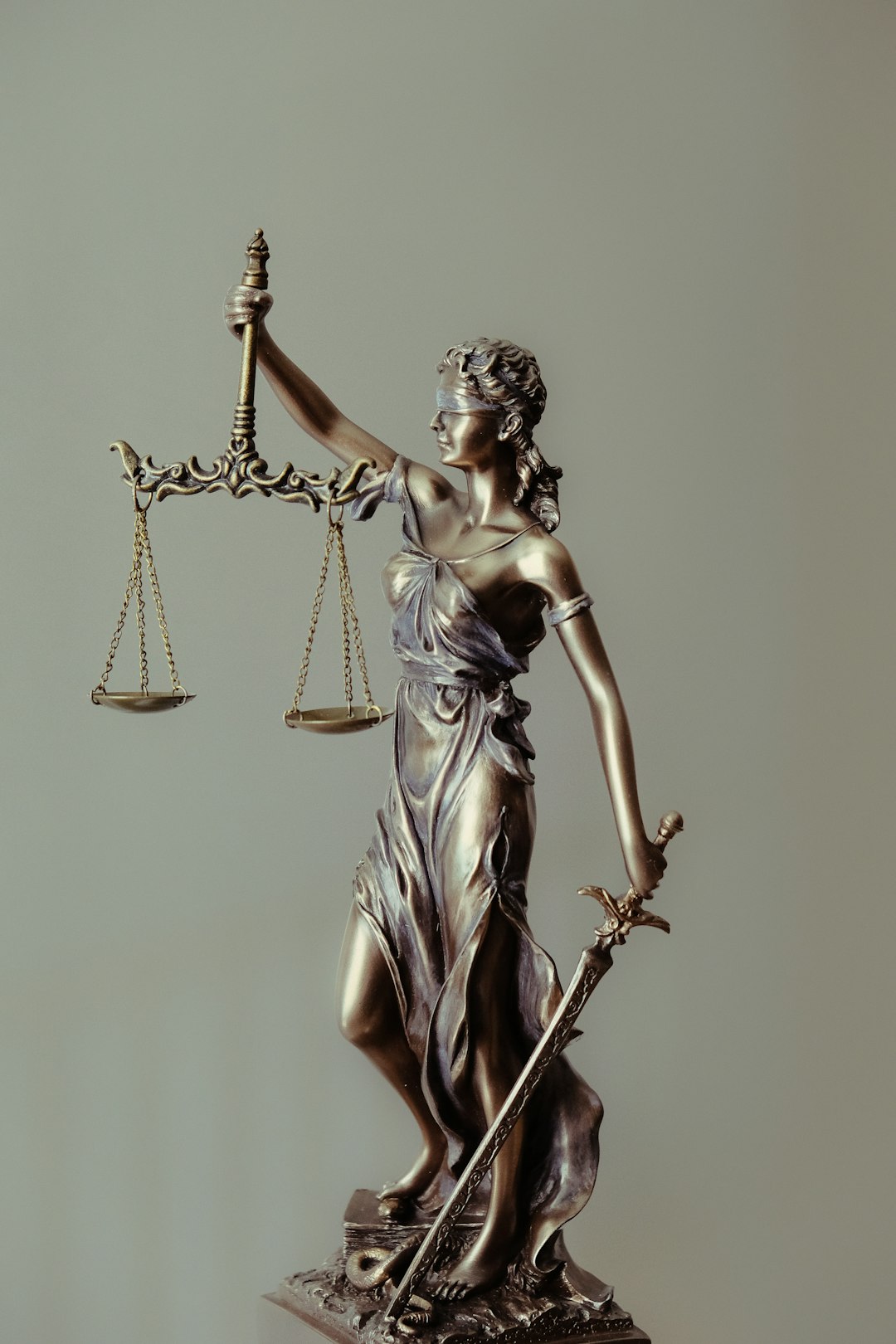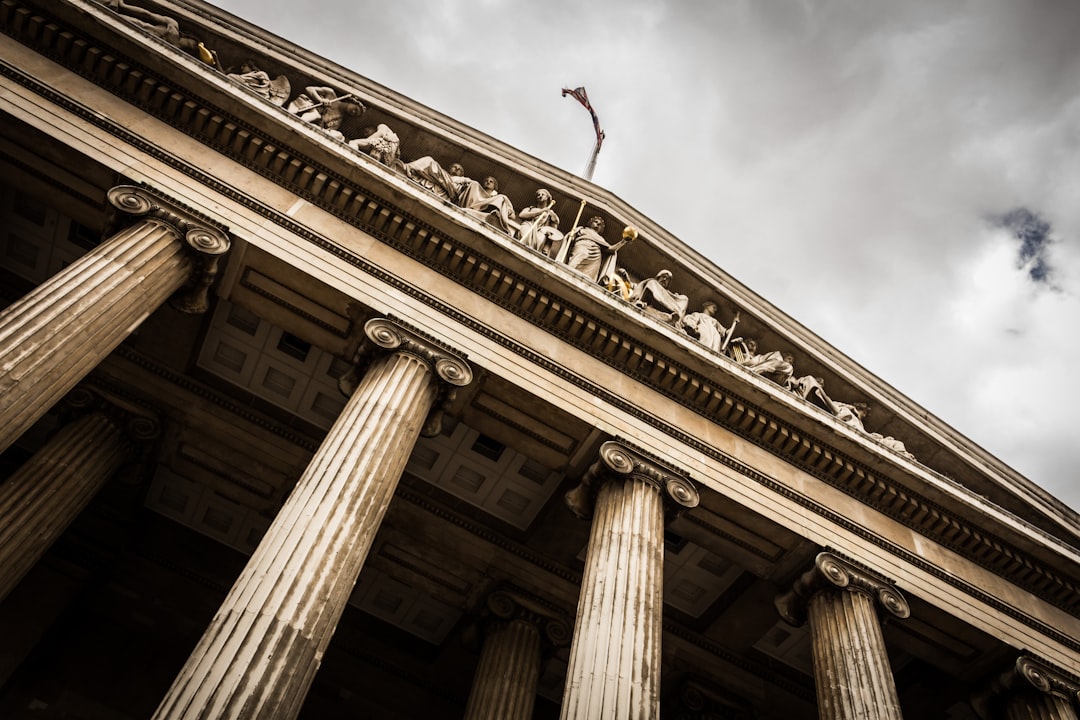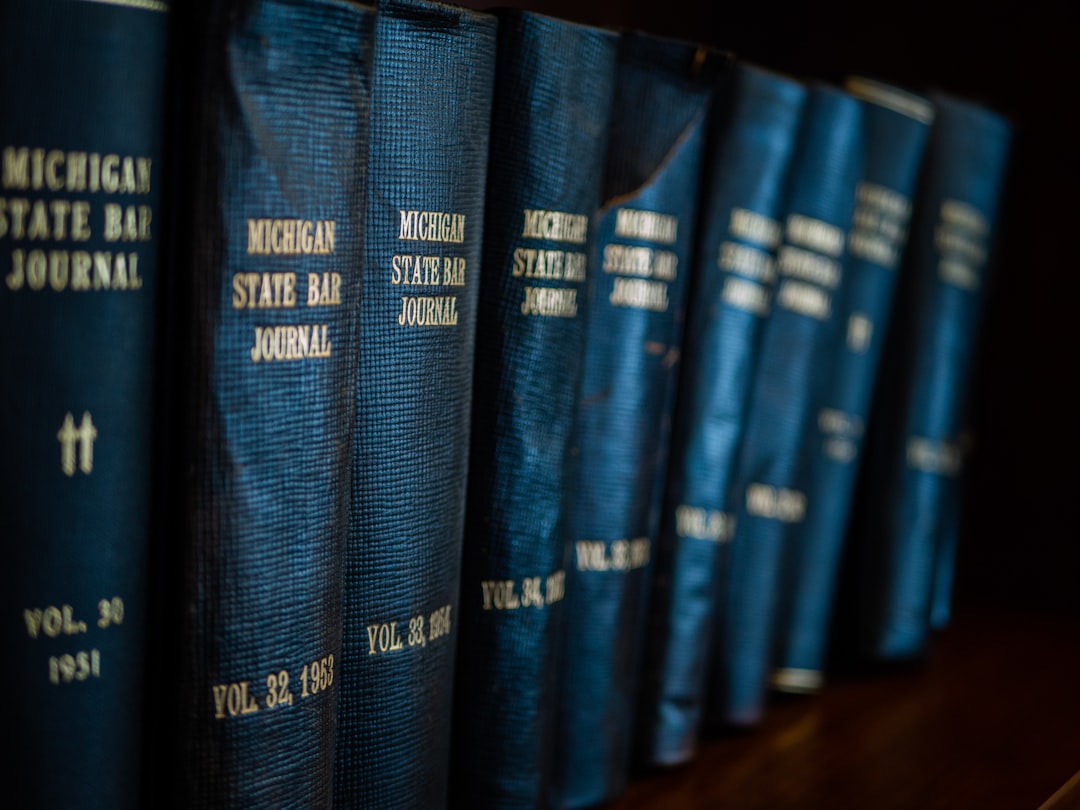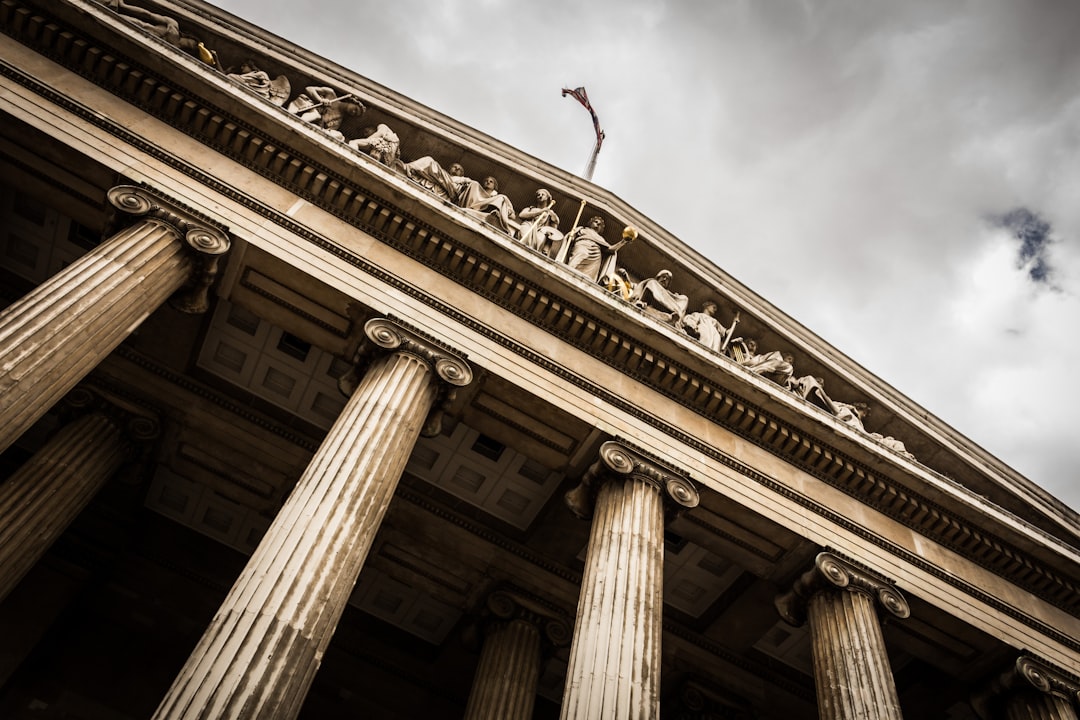South Carolina's Criminal Sexual Conduct (CSC) laws classify offenses into degrees A to E, with severe penalties for forcible rapes (Degree A) and varying sentences for non-forcible but non-consensual acts (lower degrees). A rape law firm in South Carolina is essential for victims and accused alike, providing expert guidance through complex legal territories, ensuring rights are protected under evolving sexual assault laws.
In South Carolina, understanding the nuances of Criminal Sexual Conduct (CSC) charges is crucial. This article delves into the state’s sexual assault laws, focusing on the different degrees of CSC, from A to D, and their corresponding penalties. We explore what constitutes each degree of rape, emphasizing the legal consequences for these offenses. Additionally, we discuss the vital role a rape law firm plays in navigating South Carolina’s complex legal landscape, offering specialized support for individuals facing these serious charges.
Understanding South Carolina's Sexual Assault Laws

South Carolina has established a clear framework for addressing criminal sexual conduct, with distinct degrees that reflect the severity of the offense. Understanding these classifications is crucial when navigating the state’s rape law firm and legal processes. The first degree is reserved for cases involving penetration with force or where there is an extreme power imbalance, such as in situations of domestic violence or when a victim is unable to give consent due to intoxication or incapacitation. These cases carry severe penalties, including lengthy prison sentences and registration as sex offenders.
Lower degrees are applicable to non-forcible but still non-consensual acts, ranging from unwanted touching to sexual intercourse without explicit consent. Sentences vary based on aggravating factors and prior offenses, with the potential for probation, fines, or imprisonment. A rape law firm in South Carolina can guide victims through these complex legal territories, ensuring their rights are protected and that they receive appropriate justice under the state’s evolving sexual assault laws.
Degrees of Criminal Sexual Conduct Explained

In South Carolina, Criminal Sexual Conduct (CSC) is categorized into several degrees, each with distinct penalties based on the severity of the offense. Understanding these classifications is crucial for victims and those facing charges to navigate the state’s rape law. The degrees range from A to E, with A being the most severe, typically involving forcible rapes, and E representing the least serious instances where consent is deemed questionable.
These classifications consider factors such as the use of force or threat, age differences between the perpetrator and victim, and whether the act was consensual or not. A rape law firm in South Carolina can provide valuable guidance on these nuances, ensuring individuals understand their rights and the potential consequences under each degree of CSC.
What Constitutes Each Degree of Rape?

In South Carolina, criminal sexual conduct (CSC) is categorized into several degrees, each with distinct elements and penalties. Understanding what constitutes each degree is crucial for victims seeking justice and for those facing charges to navigate the rape law in South Carolina effectively.
Rape, or First-Degree Criminal Sexual Conduct (CSC-1), involves sexual penetration without consent using force or threats of force. It includes instances where a person is unable to give consent due to being unconscious, intoxicated, or having an intellectual disability. Second-Degree CSC (CSC-2) occurs when someone engages in sexual penetration with another person who is at least 16 but under 18 years old, or without consent through coercion or abuse of authority. Third-Degree CSC (CSC-3) involves touching another person’s intimate parts without consent for sexual pleasure or gratification. Each degree carries different penalties, ranging from probation and counseling to significant prison sentences, reflecting the severity of the crime as defined by South Carolina’s rape law firm.
Legal Consequences and Penalties for Each Offense

The legal consequences and penalties for Criminal Sexual Conduct (CSC) in South Carolina vary based on the degree of the offense, with each level carrying distinct punishments. CSC Level 1, which includes simple assault or battery with sexual intent, is considered a felony and can result in up to 20 years in prison, significant fines, and registration as a sex offender. For CSC Level 2, involving sexual penetration without consent, penalties include up to 30 years imprisonment, substantial financial penalties, and mandatory sex offender registration. The most severe, CSC Level 3, is reserved for cases of rapes or assaults with extreme force or against minors, carrying potential life sentences, large fines, and enhanced sex offender registration requirements.
A rape law firm in South Carolina can offer specialized support to individuals facing these charges, navigating complex legal procedures and providing advocacy to ensure fair treatment under the law. Understanding the specific degree of the offense is crucial as it dictates the applicable penalties, with each level reflecting a growing severity of crime and associated consequences.
The Role of a Rape Law Firm in SC Cases
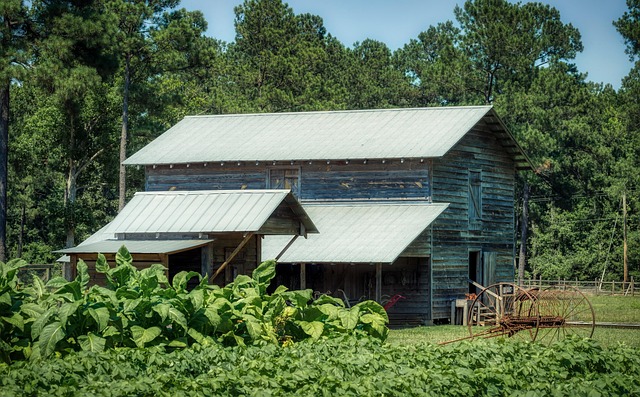
In cases involving Criminal Sexual Conduct (CSC) in South Carolina, a rape law firm plays a crucial role in advocating for victims’ rights and securing justice. These specialized legal professionals are equipped to handle the complexities of CSC cases, which often carry significant emotional and physical trauma for survivors. A rape law firm in South Carolina provides expert guidance through the legal process, ensuring victims receive the support they need.
They offer a range of services tailored to each unique case, including gathering evidence, interviewing witnesses, and constructing a compelling legal argument. The primary goal is to protect the rights of the survivor while navigating the challenges of the criminal justice system. With their expertise, a rape law firm can help victims obtain the necessary charges against perpetrators, ensuring a fair trial and, ultimately, contributing to the prevention of future sexual assaults in South Carolina.
